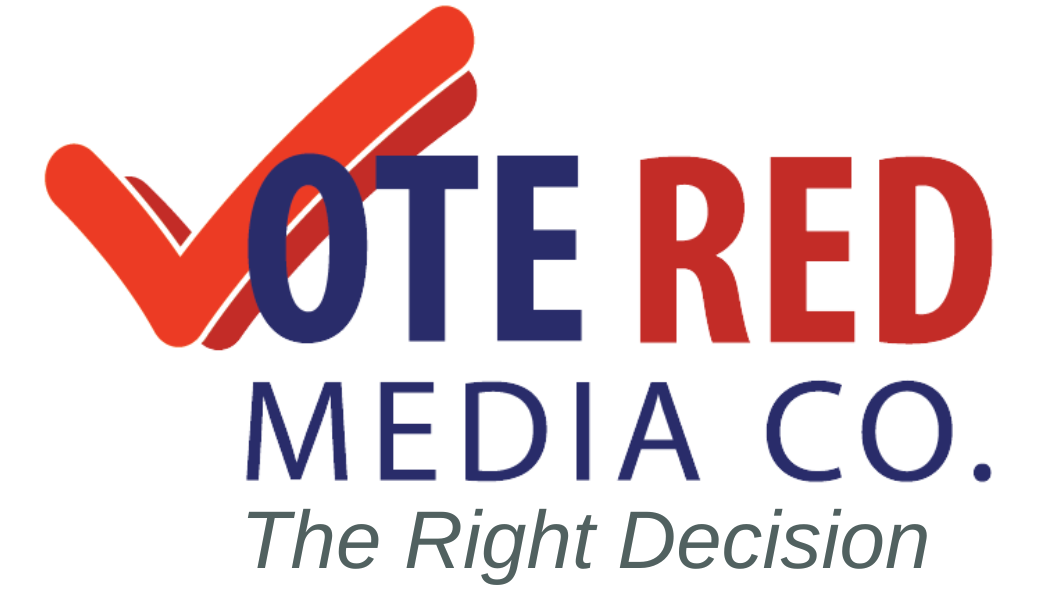Why is Organic Social Media Important for Politics?
In recent years, social media has become an increasingly important part of political campaigning. With its wide reach and low cost, it's no surprise that political campaigns are turning to social media marketing as a way to get their message out to potential voters. Are you planning on running for office? If so, it's important that you understand what social channels you'll want to incorporate, how best to reach your target audience, and how your social media strategy can influence your path to victory.
Organic social media advertising is the process of using social media platforms to build and promote a brand or message without the use of paid advertisements. This means that content is shared through followers and supporters, rather than through paid promotions. There are a number of reasons why political campaigns should consider using organic social media advertising over traditional paid advertising.
An organic social media marketing strategy is much cheaper than traditional advertising. Political campaigns often have limited budgets, and by using organic social media advertising, they can save an incredible amount of money while still reaching a wide audience. This is particularly important for local campaigns or smaller political parties that may not have the resources to run a large-scale advertising campaign. Social media channels rely on a few features that help carry a message far and wide. This includes likes, comments, and shares. With a small dedicated team members, your social platform can be shared out to entire the entirety of your target audience.
Organic social media advertising is more authentic and engaging than traditional advertising. By building a community of followers who are genuinely interested in a campaign's message, political campaigns can create a sense of community and shared values that can help to build trust and support. This can lead to greater engagement and participation in a campaign's activities, as well as more effective mobilization of supporters.
A social presence is necessary in today's digital age. This can include several social channels (Facebook, Twitter, Instagram, LinkedIn, TikTok, Reddit) or only a handful of them. It allows you to connect with potential voters and even share user-generated content. Do you have a team of door knockers? Share their route for the day and let users know that you'll be in their neighborhood. Share blog posts on how you plan to help the community. Invite active users to find you at local events. An online presence helps potential voters find where you're at and how they can learn more about you as a candidate!
Additionally, a cohesive social strategy allows political campaigns to target specific demographics and interest groups more effectively than traditional advertising. By using analytic website tools, campaigns can identify the types of people who are engaging with their content and tailor their messaging accordingly. This can help campaigns to reach new audiences and build support among groups that may not have been previously engaged with the campaign.
These digital strategies are more sustainable than traditional advertising. By building a community of followers who are interested in a campaign's message, political campaigns can create a sustainable base of support that can continue to grow over time. This can help to ensure the long-term success of a campaign, rather than just a short-term boost in support during an election cycle.
There are many compelling reasons why political campaigns should consider using organic social media advertising as part of their outreach strategy. By focusing on building a community of engaged followers and supporters, political campaigns can save money, build trust and engagement, target specific demographics effectively, and create a sustainable base of support. As social media continues to play an important role in political campaigning, organic advertising, having an online presence, and a strong social media marketing strategy is necessary for future political campaigns.


